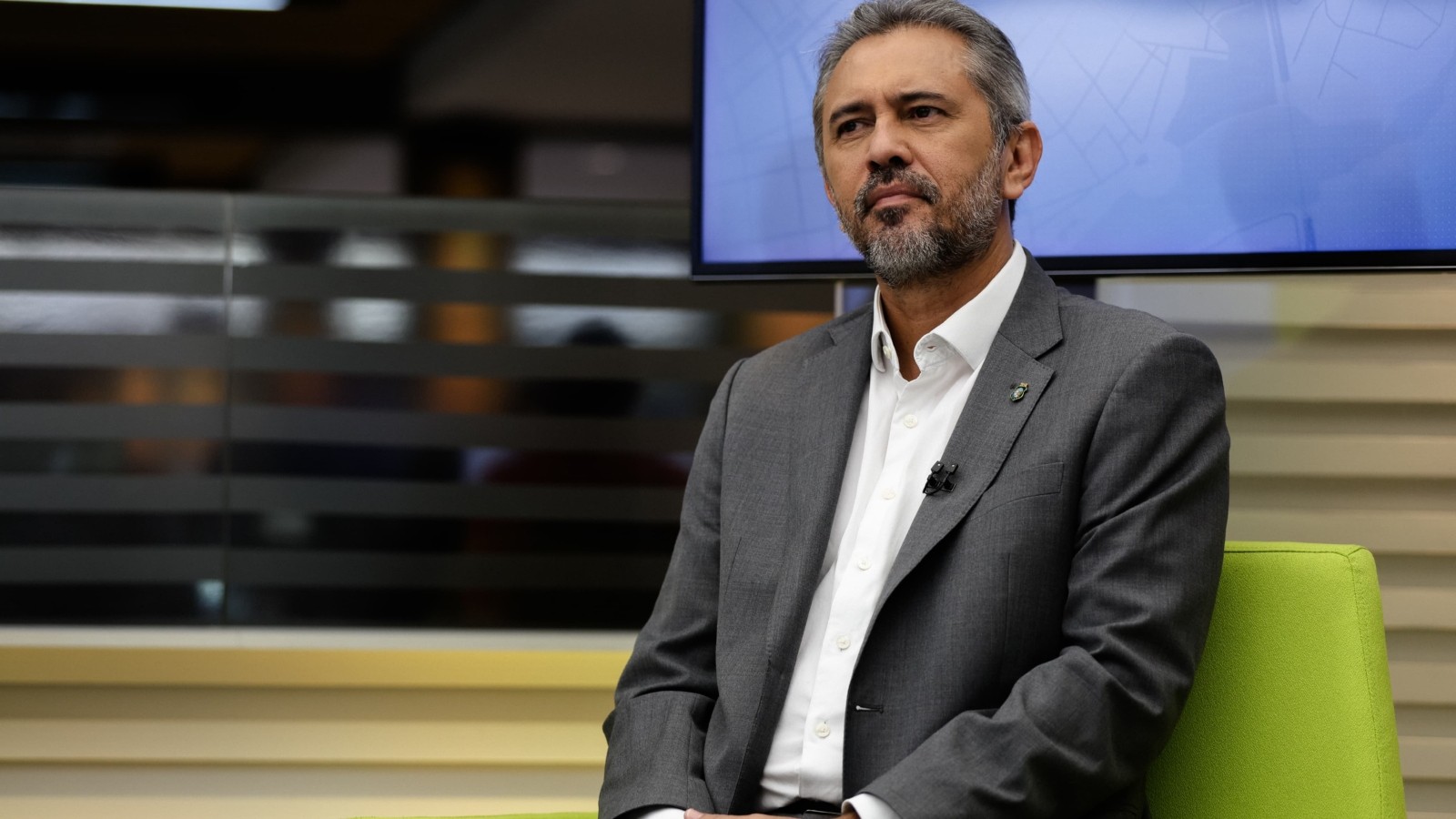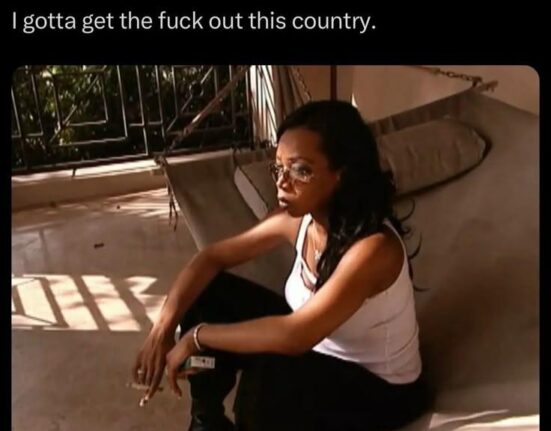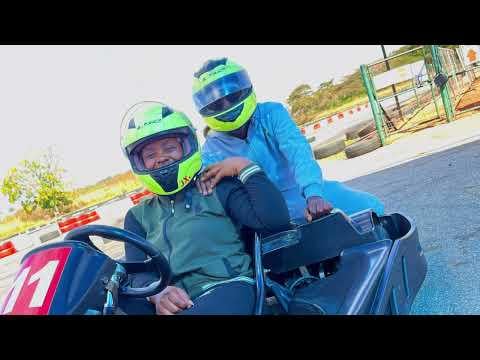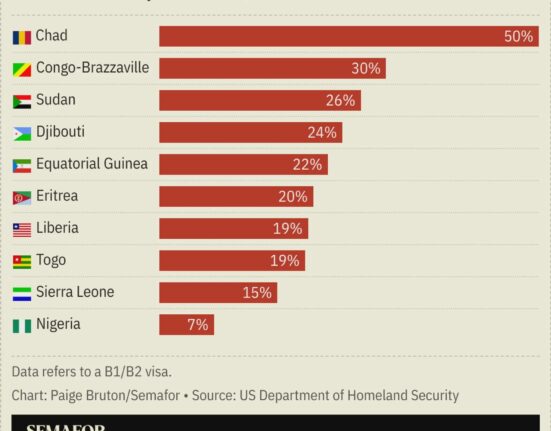In the heart of Ceará, a state in northeastern Brazil known for its stunning beaches and vibrant culture, a darker reality looms. With a heavy heart, Governor Elmano de Freitas revealed a chilling truth that sent shockwaves through the nation: a staggering 90% of homicides in Ceará stem from clashes between seven criminal factions. This revelation peeled back the layers of violence that have plagued the region, painting a grim picture of a society caught in the crossfire of organized crime.
The escalating wave of violence that has engulfed Ceará over the past year has reached unprecedented levels, catapulting the state to the top of the grim chart for intentional homicides per 100,000 inhabitants in 2024. The unfolding tragedy manifested in over a thousand lives lost within the first five months of 2025, a stark reminder of the human toll exacted by these criminal conflicts.
Governor Elmano, in a candid interview with TV Verdes Mares, shed light on the intricate web of violence that enshrouds Ceará. He highlighted the unique dynamic within the state, where multiple criminal organizations vie for control, unlike in other regions dominated by a single entity.
“90% of these homicides, unfortunately, involve a young person from Ceará lured into the ranks of a criminal organization, sent to a territory to take the life of another young person enticed by a rival faction,”
expressed Elmano, underscoring the tragic cycle perpetuated by these feuds.
The geographical allure of Ceará, strategically positioned as a hub on the drug trafficking route, further complicates the security landscape. Governor Elmano emphasized how the state’s prime location with a well-connected port and international airport inadvertently attracts drug traffickers, transforming economic advantages into vulnerabilities exploited by criminal elements. The influx of narcotics from South America, destined for international markets, sees Ceará unwittingly becoming a critical juncture for illicit activities.
In response to the escalating crisis, the government has launched a multifaceted approach to combat criminal activities and deter the recruitment of vulnerable youth by these factions. Initiatives focusing on youth empowerment and education, such as the expansion of full-time schools and the construction of new educational facilities, aim to steer young individuals away from the clutches of organized crime.
“We are intensifying our investment in public security, notably by bolstering police presence on the streets. To this end, we have recruited over 3,500 security professionals,”
shared Elmano, highlighting the proactive measures undertaken to safeguard communities.
Despite the proactive measures, challenges persist in the criminal justice system, with a significant number of individuals apprehended by law enforcement being subsequently released. Governor Elmano stressed the crucial need for collaboration across all branches of government to address this issue effectively, advocating for a cohesive approach to prevent the revolving door of justice that undermines law enforcement efforts.
“We cannot afford to detain 30,000 individuals annually only to witness some being released. It is imperative that we work collectively to ensure that those who pose a threat to society remain incarcerated,”
urged the governor, emphasizing the critical role of unified efforts in securing lasting justice.
As Ceará grapples with the harrowing realities of gang warfare and its devastating repercussions, the narrative of resilience and resolve emerges. The intricate tapestry of challenges woven into the fabric of society underscores the urgent need for sustained action and collaboration to combat the scourge of organized crime. In the midst of adversity, the spirit of unity and determination shines as a beacon of hope, guiding the state towards a safer, more secure future for all its inhabitants.









Leave feedback about this